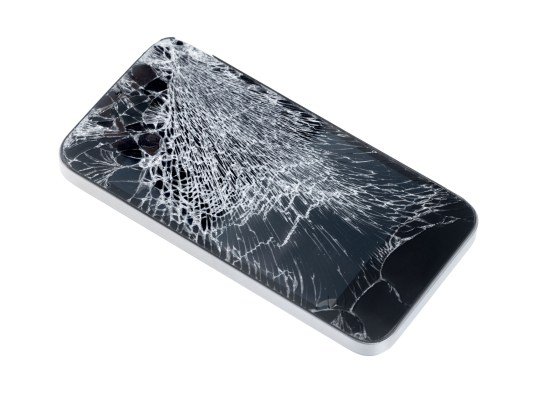It’s time to call it: The mobile wars are over. The mobile market was once vibrant and variegated, a virtual coral reef of odd devices aimed at specific users. There was a phone with a 3D camera! There was one with a weird version of Android that catered to the security-conscious! There was one with a bigger, removable battery and another made up of small parts that you could put together. As of today, however, that coral reef is a boneyard. There are two fish left, Apple and Google, and it will be a long time before the mobile reef in belabored metaphor springs back to life.
There used to be a certain stratification in the cellphone world. There were low-end models — flip-phones at the bottom and various permutations of slab-black Android models sold for as close to pennies as possible. These will remain extant in the new world, after the war, in the same way cockroaches survived the rain of glass that ended the age of the dinosaurs. Then we have the hold-outs — LG, Motorola, Xiaomi — and finally the flagships from Apple and Samsung.
Now, however, Google has announced its own phone, the Pixel, and it looks like the impetus to buy anything other than the latest and the greatest from either Apple or Google is swiftly waning. Even Samsung is hurting after the (literal) smoke cleared.
The Pixel is important. It’s the first phone that Google considers a Google product and, like most Google products, it’s pretty compelling. I know the Nexus line has always been considered “Google’s own phone,” but when the company decided to pack the new Pixel with all of its best-of-breed tech, they drew a line in the sand: This is the best Android phone to buy, bar none, and OEMs will have to step up their game.
And there isn’t much game left.
Motorola is nearly dead. HTC is surviving thanks to VR (and by manufacturing Pixels). Samsung is being mentioned in pre-flight warnings because its phones explode. In short, while other manufacturers will continue to exist, they will no longer play a large role on the technological stage.
Apple, Amazon and Google are about to sew up the mobile computing ecosystem. We will all have to take sides, or we can mix and match, but soon ambient computing and audio interfaces from the Big Three will take over where cellphones currently rule. We won’t need to open our phones to shuffle all our songs — we just ask Alexa. We won’t need to hit the Nest app to change the thermostat, we just ask Google. And we won’t need to check our tweets when Siri, through a minuscule wireless headphone, will read them to us as we walk around town.
Heck, it’s going to get so bad that we’ll probably have regulations around how much our gadgets can listen to us. Our cellphones will disappear. I envision a day when we will no longer take them out, instead popping over to ambient screens set up around the office or house to do a little work as necessary. Add in VR and the phone paradigm further sinks.
Design and aesthetics have long fallen by the wayside in modern cellphone manufacturing. We don’t care how phones look because manufacturers made them all look the same. The black glass slab is, by definition, our vision of the modern phone and that vision no longer matters. What we do care is how our devices talk to each other — and to us — and it is on that ground that the new battle will be fought. It’s a battle for our attention, our homes and our offices. This war will move the phone out of our pockets and into our environments, and the changes associated with that move will bring about a whole new set of problems — and opportunities.
So let the fanboys say that Lenovo is better than Samsung is better than the iPhone. They’re sifting through the dustbin of history. The real next steps for mobile are going to be a lot cooler.
